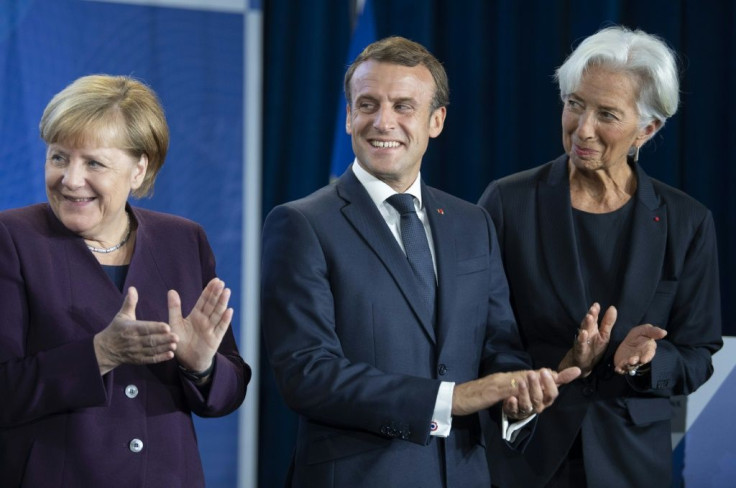Germany In Recession? 2019 Economy In 'De Facto Stagnation,' Economist Says

The vexed issue of whether or not Germany is in an economic recession became more muddled when the federal government over the weekend released official data showing a totally unexpected jump in the country's exports in September.
Germany is Europe's biggest economy and is set to release its economic data for October on Thursday. This widely anticipated information will settle once and for all if Germany is indeed in an economic recession in the real sense of the word. Experts contend Germany is already in a technical recession
Germany's exports in September improved 1.5 percent in September to €114.2 billion ($125.9 billion) in adjusted terms from August, while imports rose 1.3 percent to €93 billion ($102.5 billion) in adjusted terms on the month, according to Destatis, the federal statistics office. The surprising improvement was also far stronger than had been expected with economists predicting a 0.5 percent increase in exports in adjusted terms, according to a Wall Street Journal poll.
Analysts said the rise in German exports follows a sharp decrease in industrial output in September. Of the September exports, €68.4 billion went to European Union member states, with €45.7 billion to third countries, said Destatis.
Germany’s trade surplus amounted to €19.2 billion ($21.2 billion) year-on-year in seasonally adjusted terms in September, according to Destatis. This total compares to The Wall Street Journal’s forecast of €18.3 billion.
Some experts forecast that Germany's export based economy is headed straight for a recession due to the U.S.-China trade war and Brexit. Other argue Germany is already in a technical recession.

Economists surveyed by Reuters contend Germany, which is hugely dependent on its auto industry and its exports, saw its GDP slide 0.1 percent between July and September. If accurate, this will mark two straight quarters of negative growth, which is the textbook definition of an economic recession. Germany's GDP growth fell by 0.1 percent in the second quarter.
"While there is no doubt that industry is in recession, the entire German economy could have avoided another contraction -- hence another technical recession -- at the very last minute," explained ING economist Carsten Brzeski about the rise in exports.
"The fact remains that the German economy has been in de facto stagnation for more than a year. This is clearly nothing to become too cheerful about."
Last February, analysts predicted Germany's export driven economy will be hit by lackluster growth this year as the global economic downturn deepens and the U.S.-China trade war remains unresolved. They also estimated recession in Germany this year as likelier than ever.
Germany avoided entering a technical recession in the fourth quarter of 2018 by a narrow margin. Some German economists argue Germany would have entered a recession if 2018 didn't have one extra working day compared to the same quarter in 2017.
The German economy expanded by a mere 1.5 percent in 2018, its weakest annual rate in five years. Forecasts expect growth to shrink further to 1 percent this year.
© Copyright IBTimes 2024. All rights reserved.





















